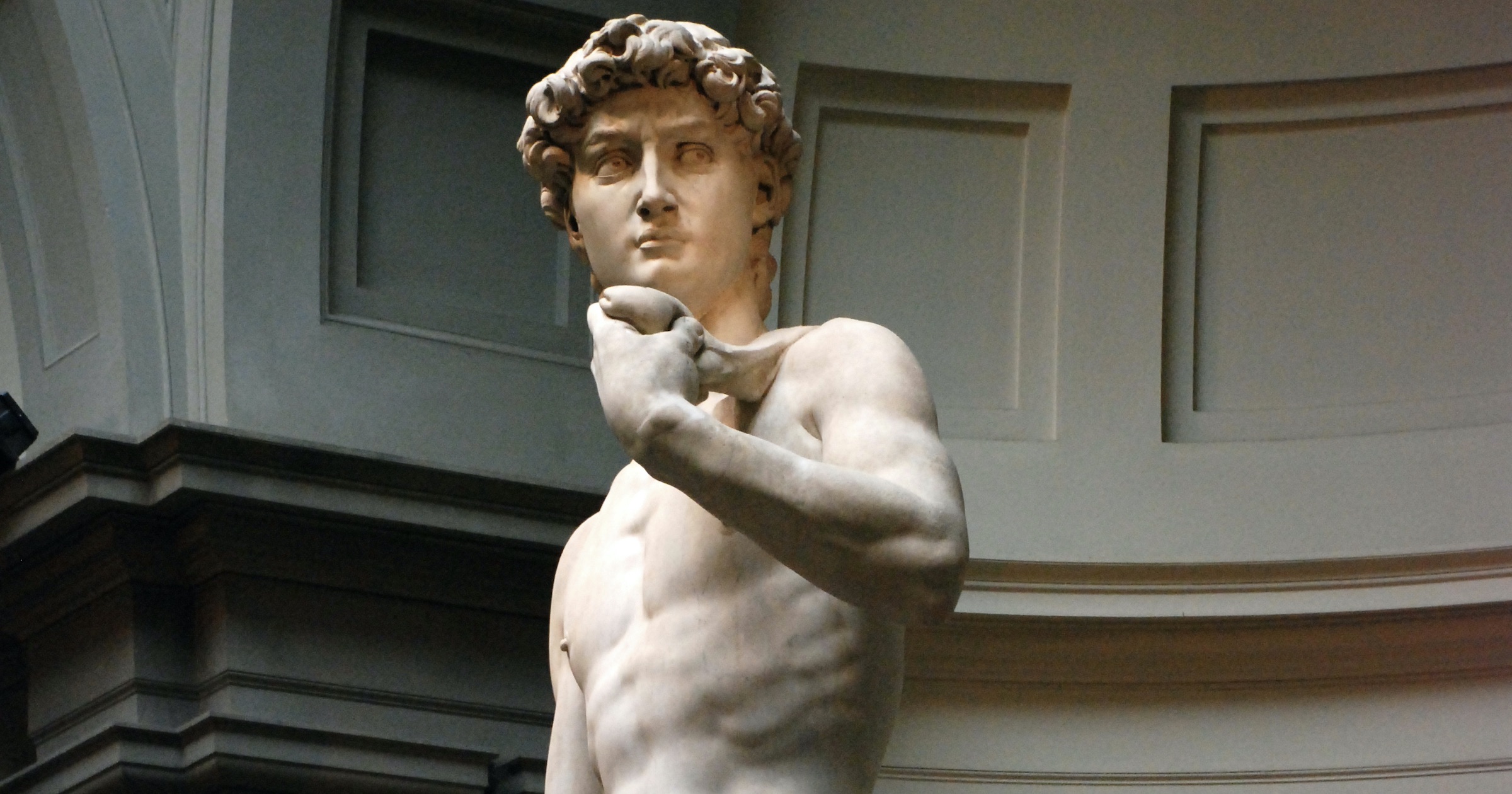 Faith & Science
Faith & Science
 Intelligent Design
Intelligent Design
Only Wallace’s “Intelligent Evolution” Can Explain the Kingdoms of Speech and Faith

The new edition of Intelligent Evolution: How Alfred Russel Wallace’s World of Life Challenged Darwinism, edited by science historian Michael Flannery, is out this week. It sheds light on what would be, in a Darwinian perspective alone, unfathomable mysteries in exceptional human capacities — like speech, and faith.
In 2016 the late great journalist, novelist, and social commentator Tom Wolfe wrote The Kingdom of Speech and exposed Darwin’s unsolved riddle, or one of them anyway: namely, how did humans by means of natural selection alone develop language and sophisticated verbal communication? The answer: we didn’t. It was a product inherent in us, what Alfred Russel Wallace, Darwin’s partner and challenger, said it was all along, an intrinsic part of human exceptionalism.
Until recently this fact about speech simply couldn’t be confirmed, at least until 2008 when Daniel L. Everett published his findings working with the Amazonian Pirahã people. What the Pirahã taught us is that people invented language. Evolution — whether by natural selection, kin selection, or some other selection — didn’t produce it. Darwin couldn’t explain human speech because he refused to find it in unique human capacities.
A Unique Acquisition
For Wolfe, this unique acquisition of speech by humans is telling. Just compare apes and humans at their greatest level playing field — at rest. While apes lay in crudely constructed leaf mats in the forest, people sleep on hi-tech mattresses surrounded by even higher-tech contrivances of modern convenience. Why the difference. It’s grunts versus speech. Wolfe exclaims, “Speech! To say that animals evolved into man is like saying that Carrera marble evolved into Michelangelo’s David. Speech is what man pays homage to in every moment he can imagine.”
The kingdom of faith posed a similar conundrum for Darwin. To him, God didn’t produce human society, human society produced god, allegedly a product of acquired social instincts. “The idea of a universal and beneficent Creator,” wrote Darwin in the Descent of Man, “does not seem to arise in the mind of man until he has been elevated by long-continued culture.”
But religion, like speech, sets humanity apart from the beasts. It is a separation that, for Wallace, always remained unbridgeable. Interestingly, an archeological site in Turkey, Göbekli Tepe, now has done for the kingdom of faith what Wolfe has done for speech. How so? Read all about it in appendix c to Intelligent Evolution, “Wallace v. Darwin on Religion and Humanity: What We Now Know About the Kingdom of Faith.” Order your copy today!
